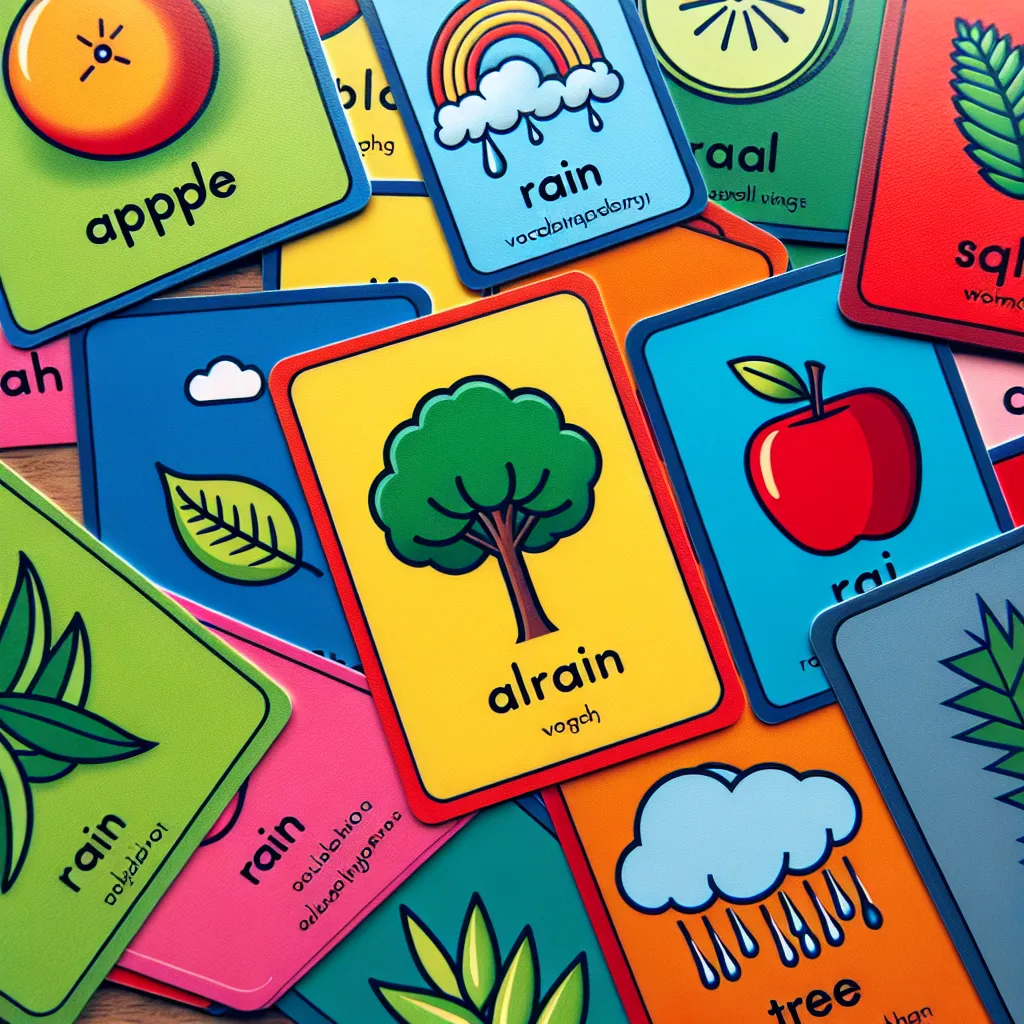English has become a global language and is essential for success in many areas, including academics, business, and travel. Developing a practical “English Learning Plan” is crucial for learners at any level. This article provides a comprehensive guide to building an effective English learning plan, offering tips, resources, and methods tailored to differing needs and proficiency levels.
Why An English Learning Plan Is Important
A structured “english learning plan” helps learners stay organized, set clear goals, and track their progress. It eliminates randomness and inefficiency, ensuring that each study session is productive. Below are important aspects to consider when creating an English learning plan:
Setting Clear Goals
Establish what you aim to achieve. Is it passing an IELTS or TOEFL exam, enhancing conversational skills, or improving business English? Clear objectives provide direction and motivation.
Assessing Your Current Level
Conduct a self-assessment or take standardized tests to determine your proficiency level. Knowing your strengths and weaknesses helps tailor your learning plan more effectively.
Structuring Your Study Time
Allocate specific times for study that fit into your routine. Consistency is key to gradual improvement.
 time management for study
time management for study
Essential Components of an English Learning Plan
Grammar and Vocabulary
Recommended Resources
-
Books:
- “English Grammar in Use” by Raymond Murphy is perfect for self-study.
- For vocabulary, “Word Power Made Easy” by Norman Lewis is highly recommended.
-
Websites:
- Grammarly for grammar checks and writing assistance.
- Vocabulary.com for daily vocabulary exercises.
How to Use These Resources Effectively
- Set daily or weekly targets for vocabulary acquisition. For example, aim to learn 10 new words daily.
- Practice grammar exercises regularly. Allocate specific days of the week to focus efficiently on grammar.
Listening and Speaking
Recommended Resources
-
Podcasts:
- The “ESL Pod” podcast offers episodes tailored to different proficiency levels.
- “BBC Learning English” provides excellent listening materials.
-
Apps:
- “Duolingo” and “Memrise” for interactive learning sessions.
- “HelloTalk” for conversing with native speakers.
How to Use These Resources Effectively
- Listen to podcasts during your commute. This passive learning method can significantly enhance your listening skills.
- Engage in conversations with native speakers. Platforms like “HelloTalk” or “iTalki” can facilitate regular speaking practice.
Reading and Writing
Recommended Resources
-
Books and Articles:
- Read simplified newspapers like “The Junior Scholastic” for beginners.
- For advanced learners, novels like “To Kill a Mockingbird” by Harper Lee offer rich vocabulary and complex sentence structures.
-
Writing Platforms:
- Join online forums such as Reddit to post and get feedback on your writing.
- Use Hemingway App to improve your writing clarity and simplicity.
How to Use These Resources Effectively
- Set reading goals. Start with short articles and gradually move to longer texts.
- Write daily. Maintain a journal or contribute to online forums to practice writing regularly.
Addressing Common Challenges
Staying Motivated
- Set small, achievable goals. Celebrate every milestone to stay encouraged.
- Join study groups. Sharing experiences with peers can enhance motivation.
Dealing with Plateaus
- Vary your study methods. Incorporate different resources and techniques to keep learning exciting.
- Seek professional help. Enrolling in a course or working with a tutor can provide guidance and new perspectives.
Next Steps
After establishing a solid foundation with your English learning plan, consider these advanced steps to further boost your proficiency:
- Take mock exams. For those preparing for IELTS, TOEFL, or other standardized tests, practice exams are crucial.
- Engage in immersive experiences. Traveling to English-speaking countries or attending language immersion programs can rapidly improve your skills.
- Enroll in advanced courses. Online platforms like Coursera and Udemy offer specialized courses for advanced learners.
Conclusion
Creating a structured “english learning plan” is imperative for making systematic progress in learning English. By setting clear goals, utilizing a variety of resources, and consistently practicing, learners at all levels can achieve their language objectives efficiently. Remember, the key lies in regular practice, continuous assessment, and keeping your learning experience enjoyable.




